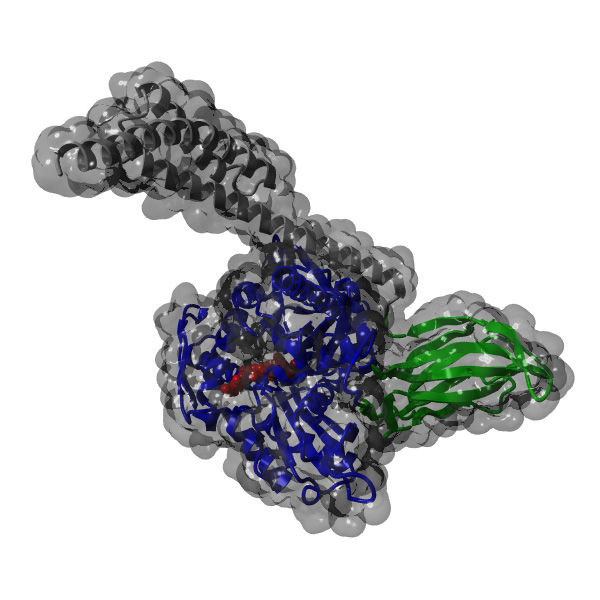Epratuzumab data from phase IIb EMBLEM study presented at 9th International Congress on Systemic Lupus Erythematosus
Advertisement
UCB and Immunomedics Inc. announced that data for lupus drug candidate, epratuzumab, were presented at the 9th International Congress on systemic lupus erythematosus in Vancouver, Canada. These data showed that, in patients with moderate to severe systemic lupus erythematosus (SLE), epratuzumab provided clinically meaningful and statistically significant improvements in disease activity. In the second half of 2010, UCB will initiate two phase III studies of epratuzumab for the treatment of patients with moderate to severe lupus.
Epratuzumab (cumulative dose 2400 mg) demonstrated clinically meaningful and statistically significant improvements in disease activity in patients with moderately to severely active SLE at 12 weeks, with responder rates twice those of placebo. Results validate the combined index emphasizing BILAG and support phase III trials of epratuzumab in SLE.
Treatment with epratuzumab 600mg weekly x4 (for a cumulative dose of 2400 mg) during a 12-week cycle provided greater BILAG improvement over placebo in disease activity in all affected body systems. Efficacy was particularly prominent in cardiorespiratory and neuropsychiatric systems in which symptom improvements are often difficult to achieve. Within specific body systems, the majority had symptom reduction or absence of active disease after treatment. This analysis supports that epratuzumab may be an effective treatment for SLE.
EMBLEM™ was a 12-week, multicenter, phase IIb, randomized, double-blind, placebo-controlled study to assess the efficacy and safety of epratuzumab, and to define a dose and regimen in patients with moderate to severe SLE. The primary efficacy measure in EMBLEM™ was a combined response index endpoint including several indices of SLE disease activity, primarily emphasizing BILAG.
Epratuzumab was associated with a similar incidence of serious adverse events (including infections) and infusion reactions compared to placebo.
Epratuzumab is a humanised monoclonal antibody targeting CD22 and modulating B cell activity. Although the exact role of CD22 is not fully understood, it is considered to be a regulator of B cell function. B cells are known to contribute to SLE by producing antibodies against the body's own cells and tissues, causing the immune system to turn on itself, resulting in inflammation and tissue damage.
Other news from the department research and development
Most read news
More news from our other portals
See the theme worlds for related content
Topic world Antibodies
Antibodies are specialized molecules of our immune system that can specifically recognize and neutralize pathogens or foreign substances. Antibody research in biotech and pharma has recognized this natural defense potential and is working intensively to make it therapeutically useful. From monoclonal antibodies used against cancer or autoimmune diseases to antibody-drug conjugates that specifically transport drugs to disease cells - the possibilities are enormous

Topic world Antibodies
Antibodies are specialized molecules of our immune system that can specifically recognize and neutralize pathogens or foreign substances. Antibody research in biotech and pharma has recognized this natural defense potential and is working intensively to make it therapeutically useful. From monoclonal antibodies used against cancer or autoimmune diseases to antibody-drug conjugates that specifically transport drugs to disease cells - the possibilities are enormous























































